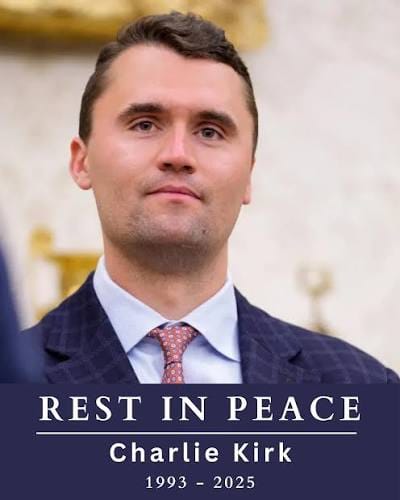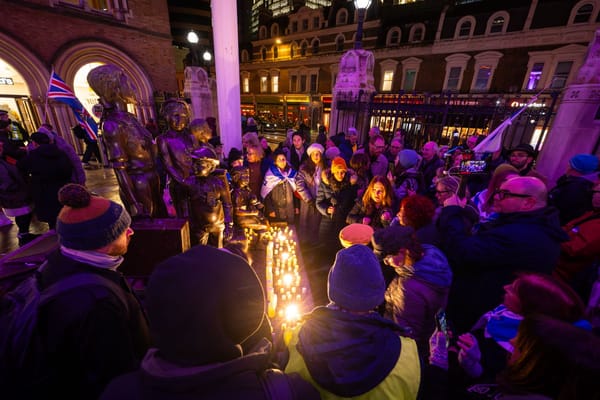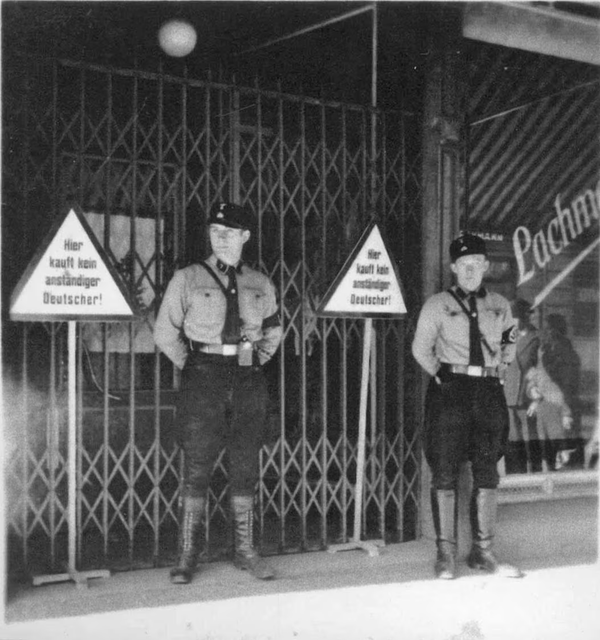Don't Let Them Silence You
You may not agree with the speakers or organisers of Saturday's free speech march. But if you allow the elites to tell you to stay at home because ordinary people are 'extremists', you will hasten the day when you yourself are silenced.

Tomorrow, Saturday, September 13th, 2025, tens of thousands of ordinary people from up and down the country will weave their way through central London, on a march about free speech and 'uniting the kingdom'.
And it's a march we should all be joining.
Some will have their own reasons for marching, but for us one reason stands above all others; that our Parliamentarians, trade union leaders, 'progressive' activists, cultural luvvies and those across the media want us all to stay away.
Extremism
The simplest way they scare us into passivity is to claim that any activity involving ordinary people is in reality the work of extremists.
For many years now, our elites have derided as 'far right' any campaign or action that involves the public. Whether it's about flying a flag of St. George or the Union Jack, demanding a voice in the immigration debate, or even voting for Brexit—all of these are deemed by the virtuous as extreme positions that should not be tolerated.
Where you stand on these debates is not the point. From puberty-blockers, to Covid, to migrant hotels, to domestic terrorism there are many different issues about which people are concerned, each with many different views—and they all deserve a hearing. But the real issue at stake today is that even a simple demand to be part of these discussions will see you crushed with the label 'extremist'.
Violence
But the accusation of extremism is only one way that our participation in the public realm is discouraged. Far more sinister over recent years has been the growing trend towards intimidation and violence.
The starkest illustration of this was the murder of Charlie Kirk in the US a few days ago—shot whilst sporting a t-shirt saying 'Freedom', as he sat under a banner saying 'prove me wrong' and addressed a crowd of young students.
Yet even before this clinical act of murder we have seen intimidation and violence used to try to squeeze ordinary people and their views from public life. In our own campaigning against anti-Semitism we have been surrounded and targeted with chanting and abuse, as well as being spat on, kicked and punched.
And perhaps most ironically, many of these incidents have occurred at events that claim to stand for openness and equality: we have been physically attacked by activists claiming to march for refugees; at a Kneecap court appearance—where they called for free speech—we were pushed, shoved, kicked and sworn at; and at multiple Palestine Action protests—where they called for their right to protest—we were attacked, forcibly removed by the police, and on one occasion even arrested.
'Stay Away'
This violence and aggression goes hand in hand with the accusations of extremism—the latter is used to justify the former. And together they provide a powerful deterrence that keeps people out of the public square; fear of being called 'far right' or of being attacked prevents people from engaging, which in turn leaves those who do make a stand, isolated and easy to attack.
This combination takes away our freedoms and our voice, and most importantly, it presents any call to be heard—a demand for free speech—as an extreme position.
We have been scared into silence for too long. If we continue to allow this to be the dominant view, then our presence in public will always be protested by the radicals and policed as if we are extremists.
The only way to challenge this is to demand what is ours—that everyone is entitled to have their say, that everyone is entitled to a public voice.
You may not agree with what the speakers have to say at the march on Saturday, and you may not agree with all of the organisers. But we can guarantee that there will be tens of thousands of people there from all walks of life, from all over the country, that you will agree with. If you allow the elites to tell you that these people are extremists, that they are not your allies, and that you should stay at home, you will hasten the day when you are called 'far right' just for speaking up.
Join us tomorrow with one simple message—demanding a voice is not extremist
We will not be silenced.



